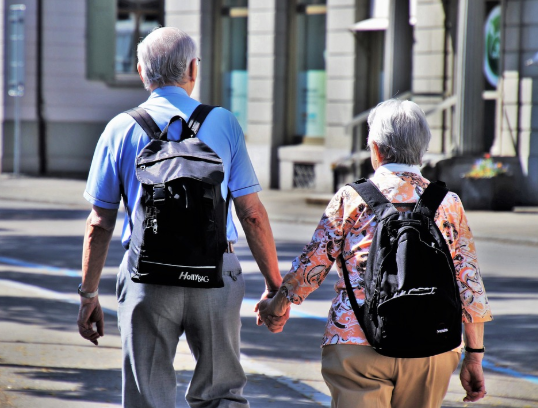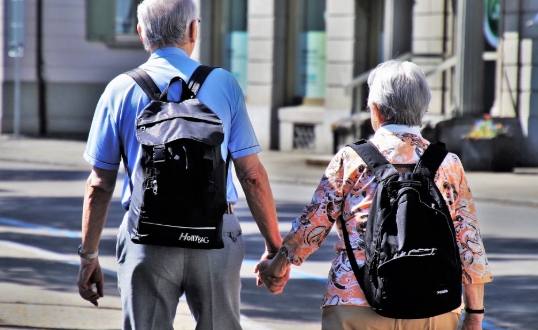Blamed for owning your own home, berated for being debt free, abused for remaining in the job you love because it should ‘go to a younger person’. Welcome to the world of ageism – a societal view that is fast gaining a stronghold in New Zealand and which, if we let it go unchecked, will only get worse.
Just the other day, I found myself rushing off a text message to a radio station. The problem? An interviewee (who, interestingly enough, happened to be discussing prejudices!) made the comment that a politician was “nearly 70, and like most men of his time, carried a number of prejudices”. “Excuse me!” I thought to myself, “but this is blatant ageism and it’s not acceptable”. Bless the radio announcer, he read my complaint over the air.
But this kind of ageist attitude is prevalent in everyday life in our country. Not long ago, older drivers were being castigated by the ill-informed for being a major contributor to road accidents. But one has only to look at the statistics to know this is simply untrue. Most high-risk drivers are young, with around 54% of them being under 30 years old. And if we needed more proof that older drivers are safer drivers, we need only look at the way insurance companies deal with seniors. In most cases, it’s younger drivers who are the ones being hit with higher premiums.
When it comes to applying for jobs, we all know how difficult it can be, as an older person, to find employment in situations where we are highly visible. After all, how many barristers have you seen lately who are over 40! Fortunately, we do have age discrimination law which protects the rights of all, including older, employees. But how does that pan out in reality?

One thing we can all do to combat ageism, is refuse to grow invisible. Instead of calling ourselves ‘volunteers’ (and let’s face it, it’s seniors who underpin this vital area of work) let’s go with ‘pro-bono employee’. (Pro-bono means ‘working without charge’ or ‘unsalaried work’ and more accurately describes what a volunteer is doing when they give up their valuable time.) Let’s remember, too, that The New Zealand Bill of Rights Act 1990 makes it clear that everyone has the right to freedom from discrimination.
More importantly, however, we need to be prepared to stand up for ourselves and others in more formal ways. If you are being discriminated against in your workplace, note down the way in which this is occurring and take your concerns to your human resources manager and, if need be, the Human Rights Commissioner (in fact, the mere threat of doing this may be enough to have an issue resolved). If treated unfairly by public servants, contact their employer.
Keep your ear out for casual prejudice – the sort of comments you might read in the newspaper, or hear on the TV or radio, and complain firmly but politely then and there, before you forget. Check ageism when you hear it in day to day conversation – and remember that those your own age can sometimes be guilty of using derogatory terms about seniors, too.
Ageism is not acceptable in any form, and while elder abuse is on the extreme end of the age-prejudice spectrum, there are many other examples where those of us (some still only in their fifties and sixties) are receiving ageist treatment. I, for one, plan to make it very clear to the new barrister in my local, that I do not go by the nickname ‘deary’! It’s time to give ageism the boot!









Jay - 7 years ago
I also take issue with news headlines that report that an elderly woman was in an accident (For example) and then I read in the body if the story that she was 63! I do not consider her or myself to be elderly when we are only in our 60’s!